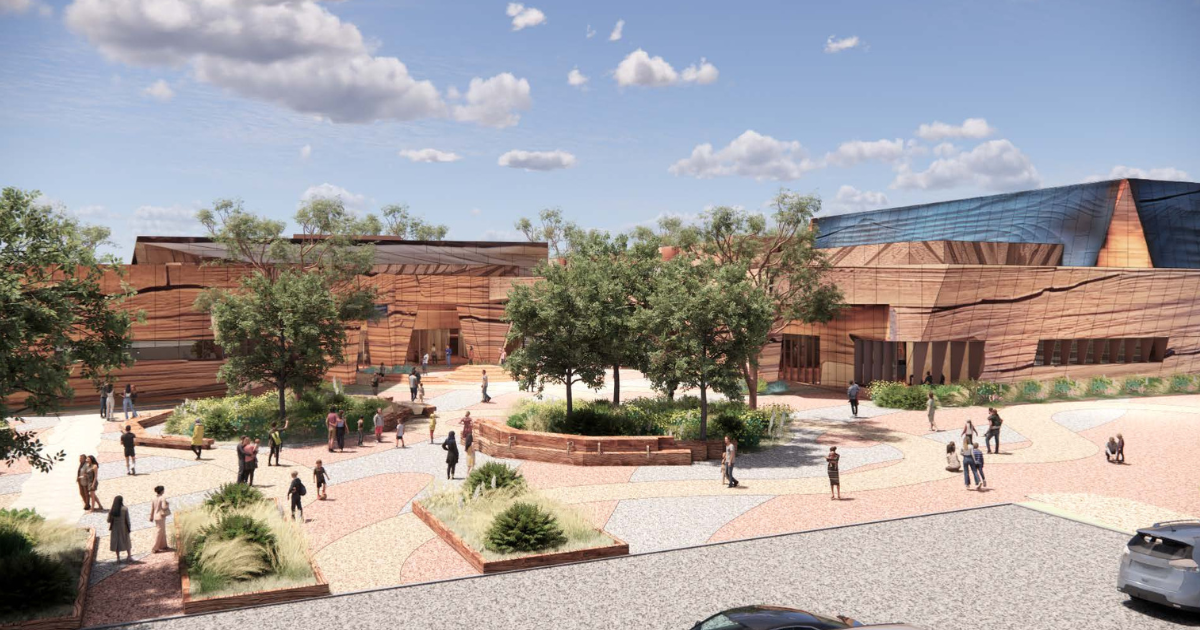Hanwha wants local businesses to thrive

Hanwha Defence Australia director of programs and engineering Richard Farkashazy (right) speaks at the Technology and Innovation Summit with FLAIM Systems chief technology officer James Mullins (left) and LaunchVic chief executive officer Kate Cornick. Photo: JAMES TAYLOR
HANWHA Defence Australia wants businesses and suppliers in the Geelong region to not only survive but thrive as it sets up its major military manufacturing facility here.
Under the federal government’s $1.3 billion Land 8116 Phase 1 project, the Korean-headquartered company is contracted to build 30 self-propelled howitzers, 15 armoured ammunition resupply vehicles, and weapon-locating radars for the Australian Defence Force (ADF) at the Armoured Vehicle Centre of Excellence next to Avalon Airport.
Hanwha is also one of two final contenders in a separate contract for 450 infantry fighting vehicles for the ADF, which would also be built at the Armoured Vehicle Centre of Excellence.
Speaking at the 2022 Technology and Innovation Summit, hosted by the Geelong Manufacturing Council at GMHBA Stadium last week, Hanwha Defence Australia director of programs and engineering Richard Farkashazy said the Avalon plant was the first time Hanwha had established a facility outside of Korea, and said industry engagement from the big “primes” such as itself was very important.
“And it’s not just about having a supply chain, although supply chains are critical.
“We’re a prime systems integrator and we’re certainly not interested in taking any jobs from any of the local industry – we actually want to build and support the local industry so that you can support us.
“We have no interest in competing with anyone, apart from the other big primes; which we want to smash, of course.”
He said Hanwha supported better partnerships and collaboration between businesses.
“We really need an ecosystem to supply us, as an organisation, but we want all the the businesses in that ecosystem to thrive, not just survive.
“The defence market is a really tough market for a lot of businesses in Australia that if you’re not familiar with it, it’s hard work. For smaller organisations, it can be a real barrier.”
Mr Farkashazy said Hanwha was providing assistance to smaller businesses such as how to best respond to requests for tender, which would be beneficial not only for their potential work with Hanwha but also the wider defence industry.
“They become more competitive, they are working in defence, they are more viable, which means we’ve got a better and more secure supply chain to work with.
“We can also provide assistance on Australian Industry Capability – it’s a really important part of what we do in defence, and it’s what the government wants to happen.”
Construction of Hanwha’s 20-hectare specialist manufacturing plant started in early April and is expected to take 24 months to complete.
As well as the potential for multiple assembly lines, the centre will feature a 1,500-metre test track, a deep-water test facility and an obstacle course.

















